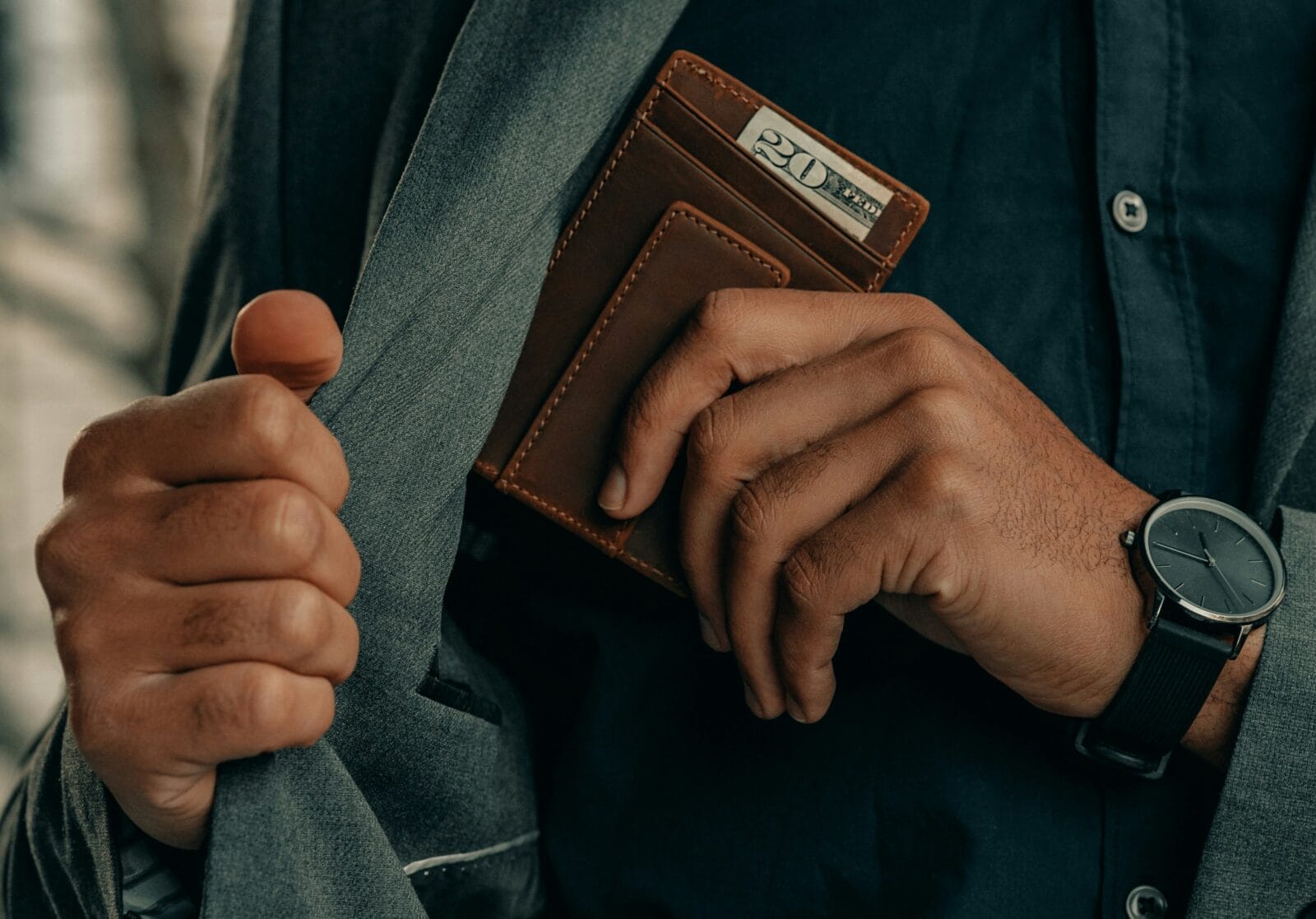According to the government’s Cyber Security Breaches survey around half of UK businesses have experienced some form of cyber security breach or attack in the last 12 months – despite the growing threat only 32% of companies currently require remote workers to use a VPN.
Meaning over two in three businesses is leaving themselves vulnerable to further attacks as a result.
In response to the news, the experts at Independent Advisor VPN have offered their advice on keeping your sensitive information safe when working remotely.
James Milin-Ashmore at Independent Advisor VPN comments:
“As remote working and shared co-working spaces become more popular, the number of workers relying on public Wi-Fi is increasing. Unfortunately, this can lead to data breaches, man-in-the-middle attacks, and cybercriminals setting up fake Wi-Fi hotspots with legitimate-sounding names (such as Free_Public_Wifi_) to trick users into connecting to them, allowing the hackers to intercept data or deploy malware onto connected devices.”
“Last year alone, more than 400,000 cases of fraud and computer misuse were recorded, with 46% of UK businesses experiencing a cyber attack². A VPN can help to prevent this by stopping hackers from accessing your data thanks to encryption. Using a VPN also hides your computer, laptop or smartphone’s IP address which can stop hackers from directly identifying and targeting your device on the network.”
- Invest in a Virtual Private Network
A VPN encrypts your internet connection, creating a secure tunnel between your device and the VPN server. This prevents attackers from being able to intercept data, even on unsecured Wi-Fi networks. VPNs often incorporate mechanisms that can detect if data has been tampered with during transmission. The best VPN for you may depend on what you use your computer for, but there are a range of free, affordable and torrenting-specific VPNs. Others focus on privacy measures, and might be best for remote workers.
- Verify the authenticity of your network
Before connecting to free WiFi, make sure that it is legitimate and secure. Verify the network name with any staff members, or look for signs that indicate an official network. Avoid connecting to networks with generic names such as “Free Wifi” as these may have been set up by hackers.
- Avoid sensitive transactions
Refrain from using any banking apps, or from conducting any transactions such as shopping whilst connected to free or unsecured Wi-Fi networks. It is best to wait until you are on a secure, trusted network such as your home Wi-Fi. Mobile internet is another option if you need to make a purchase.
- Disable auto-connect
Configure your device to ask for permission before joining any networks automatically. This prevents your device from connecting to rogue hotspots without your consent.
- Use two-factor-authentication
Enable 2FA whenever possible, especially for accounts containing sensitive information. Two-factor authentication adds an extra layer of security by requiring a second verification step, such as a code sent to your phone, in addition to your password.
James continues “VPNs, firewall software and malware removal software can help to protect you from attackers, and help detect, prevent and remove infections such as worms, viruses and trojans. They can make working in public areas much safer, and protect both yourself and your business from being hit by scammers. ”
“Most importantly, it’s smart to be aware of the risks of public Wi-Fi, while aiming to change your behavior accordingly. Don’t click on random links and use your common sense when joining public Wi-Fi networks. If a network doesn’t seem safe, avoid it.”









![[uns] house of commons, parliament](https://ifamagazine.com/wp-content/uploads/wordpress-popular-posts/788873-featured-300x200.webp)




![[UNS] tax](https://ifamagazine.com/wp-content/uploads/wordpress-popular-posts/788955-featured-300x200.webp)
